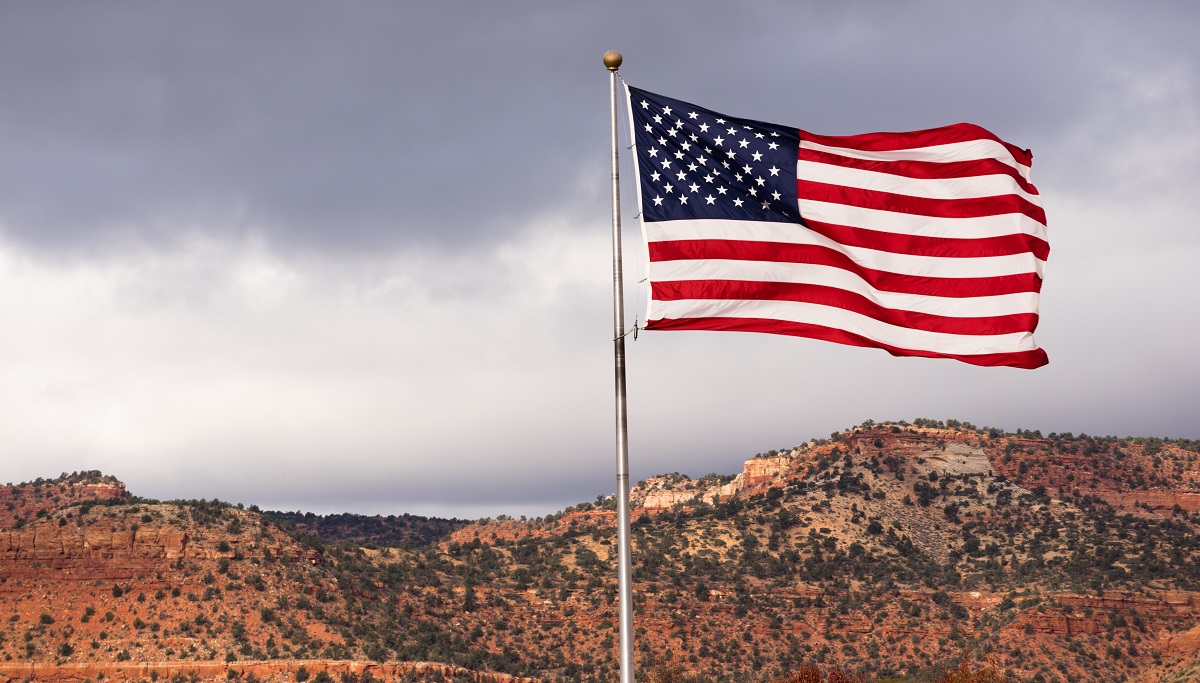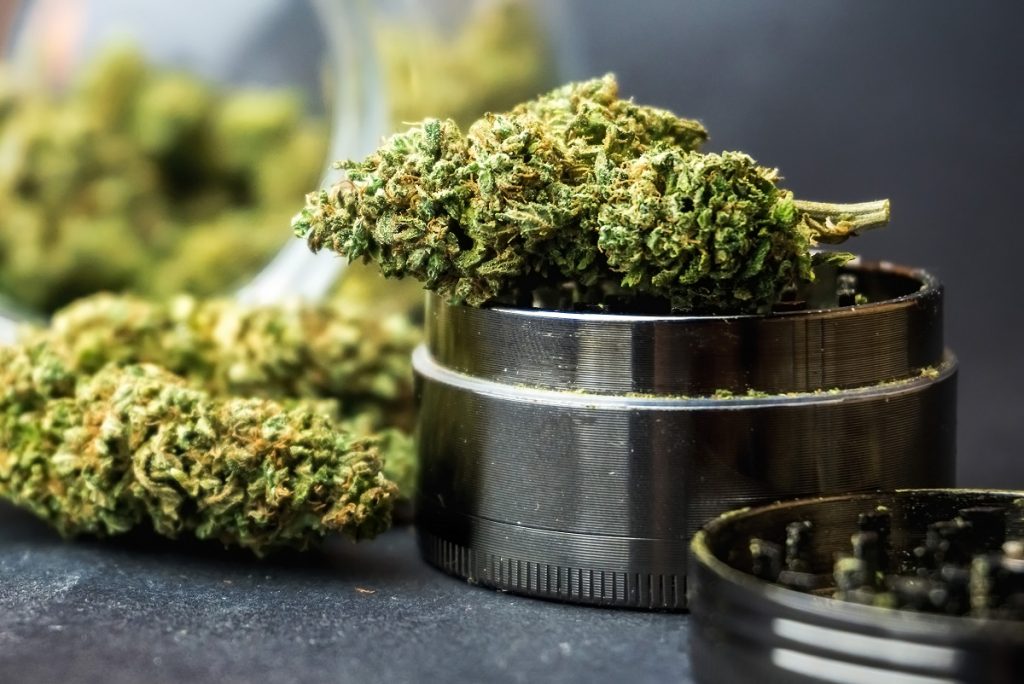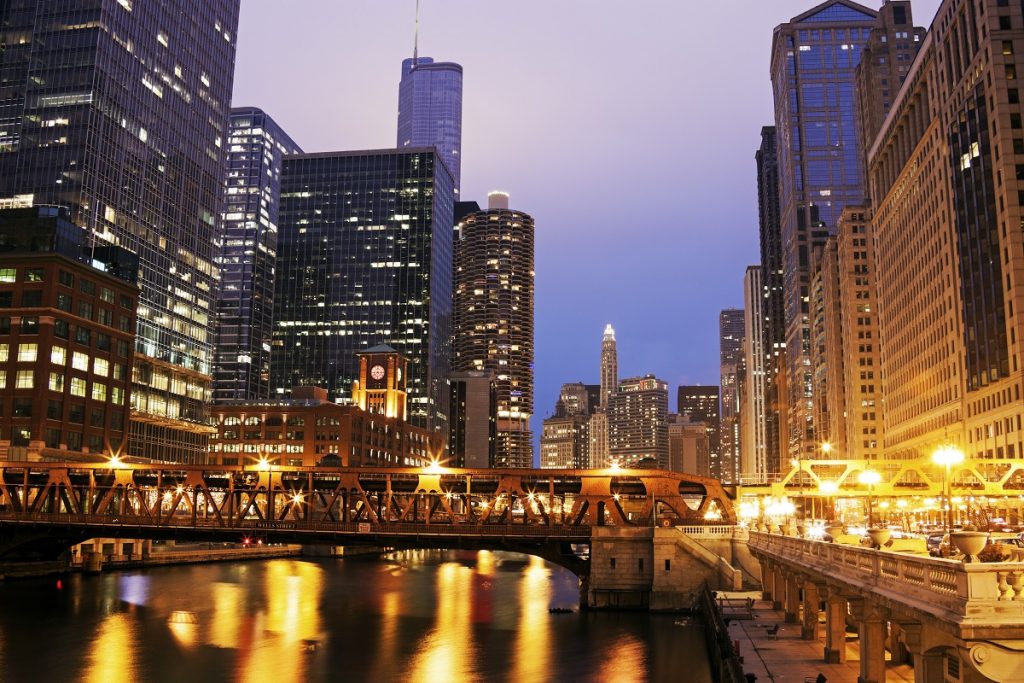
In 2020, the medical cannabis market in legalized states has seen unprecedented growth. Some states have reported medical marijuana sales as high as $70+ million in thirty days. MMJ States like Colorado have reported record sales. States with adult-use (recreational) and medical cannabis have realized some of the most significant increases in sales. And by proxy, increased tax revenues.
Much of the spike in medical cannabis sales across the country was in response to the pandemic. Patients in many states were fearful that the Covid-19 health emergency would disrupt cultivators and processors. And that there would be a shortage of medical cannabis. A fear that was justified. Who thought that toilet paper and yeast would disappear from store shelves?
Instead of seeing limited production and distribution of medical cannabis products, the industry in legalized states ramped up to meet demand. Consequently, states (including those with very new MMJ programs) saw an increase in tax revenues at an ideal time when they faced an explosion of healthcare and health administration costs due to Covid-19.
As the pandemic continues, many people are speculating whether the tax revenue from legalized medical cannabis will help financially rescue states. The additional taxes cannot hurt, at a time when healthcare costs are sinking state budgets.
Will it be enough to rescue states from the economic impact of the health emergency? And will Covid-19 public healthcare costs coax other states into adopting legalized medical marijuana? Let us look at some of the record-breaking sales trends in the cannabis sector in 2020.
At the time of writing, there were a total of 34 states and the District of Columbia that have legalized medical cannabis. Seventeen (17) of the states legalized through citizen ballot initiatives. Residents were asked to vote for a “state question” regarding cannabis legalization. If the majority of state residents supported the ballot initiative, it was legalized. Medical cannabis became available (on average) about one (1) year later for patients.

Sixteen (16) states legalized medical cannabis through the direct legislative process. That means that the bill or act to commence decriminalization and legalization of medical marijuana was introduced and passed by legislators. Should the pro-medical cannabis laws in those states have failed, they would have ended up on a ballot for public vote.
The states where medical marijuana is legalized for qualified patients include Alaska, Arizona, Arkansas, California, Colorado, Connecticut, Delaware, Florida, Hawaii, Illinois, Louisiana, Maine, Maryland, Massachusetts, Michigan, Minnesota, Missouri, Montana, Nevada, New Hampshire, New Jersey, New Mexico, New York, North Dakota, Ohio, Oklahoma, Oregon, Pennsylvania, Rhode Island, Utah, Vermont, Washington, Washington D.C., and West Virginia.
In each state, the legalization of medical cannabis was not easy. No matter how supportive voters were for the new step. In fact, state legislators in almost every one of the now legalized jurisdictions had to overcome obstacles from community interest groups. Organizations opposed to cannabis legalization. And when a deadlock occurred in the state legislatures, the decision was deferred to a vote by residents.
New data was made available by the Marijuana Policy Project in July of 2020. Department of Health (DOH) regulators in each state were concerned that legalization would result in an overwhelming number of new patients.
The estimated population of all citizens living in states where medical cannabis is legalized is 224,887,997. The total number of registered patients in U.S. medical marijuana programs is 4,375,822. Rounding up, that is about 2% of the cumulative population in each state.
Source Web 2020: Marijuana Policy Project
A 2% total enrollment is hardly the mass stampede that some opposing groups and organizations were expecting. In fact, low patient enrollment can be viewed as a successful and responsible administration of medical cannabis programs. That there are essential checks and balances to ensure that only qualified patients are granted medical cards.
Do you get the feeling that the last states that have yet to legalize may be sitting back and watching the wins and losses of the early adopters? Not only how the medical cannabis programs work, but how they are taxed, and the impact that taxation has on overall sales.

There are three states that are growing in medical cannabis sales (and tax revenue collection):
How much cannabis can a state actually sell in thirty (30) days anyhow? Well, in July 2020, cannabis sales in California surpassed $348 million. Not too shabby for a cannabis program and recreational market that has only been legalized since 2018. The market was pre-establishing itself prior to legalization. So, consider that California may have got (a discreet) head-start on its green marketplace.
In the first year of legalization, California ‘only’ brought in $100 million in cannabis sales. In the first six months of 2020, there has only been one month (January) when buying marijuana in California grossed less than $300 million. And that was January 2020. When California residents only bought $299 million of cannabis products.
July saw cannabis sales (recreational and medical combined) of $200 million dollars. It was a small increase over June 2020 sales, which were $199 million. Colorado was one of the first states (trailing behind California) to legalize weed. Legislation was passed in 2012 in Colorado.

One of the most exciting things about marijuana sales in Colorado is how they are linked to a growing weed tourism industry. From 420 tours to weed hotels, restaurants offering cannabis-infused menus, and cannabis wellness retreats. While all the other states were figuring out how to launch MMJ programs efficiently, Colorado made itself a hot pot vacation spot. Not a bad strategy at all.
A shortage of cannabis in Illinois? It happened, and the state experienced a big problem. As we discuss common problems that state’s experience with legislation and ‘roll-out’ of medical cannabis programs, Illinois is a great example.
You see, other states allow medical dispensaries who are vertically integrated (cultivate, process, manufacture, and retail) to have a head start. They are permitted to start growing cannabis several months before the retail sales begin. Illinois didn’t allow that to happen. And when the recreational cannabis (adult-use) became legalized, there was not enough pot for patients.

When there is a shortage of cannabis, dispensaries cannot dial for delivery to meet demand. It is illegal to transport cannabis over state borders. It’s a felony offense even if the dispensary is a corporate chain, with a greenhouse located in a nearby state.
So, when Illinois ran out of cannabis, patients got very angry. The medicine they needed wasn’t available. They had to wait patiently for in-state growers to cultivate. Popular strains of bud were not available. And medical cardholders in Illinois felt they had to ‘compete’ against adult-use consumers.
The state bounced back. July 2020 was another month where Illinois posted recreational cannabis sales of $61 million dollars. Month over month sales from out-of-state consumers grew by 31% this year—a nod to the power of cannabis tourism and tax dollar potential. A market research firm called BDSA has estimated that annual sales of marijuana in IL will reach $1.5 billion by 2024. In the first six months of 2020 (despite the cannabis shortages), Illinois dispensaries sold more than $170 million in products.
Just as there are plenty of success stories, there are also programs that have struggled. Despite the intention to legalize medical cannabis, many states faced internal legal opposition. And they also met impatient medical cannabis entrepreneurs and large corporations that wanted to start.
There are a number of factors that contribute to a ‘slow start’ of medical cannabis sales and revenues. Whether a program is effective and adopted readily by qualified patients has much to do with the type of legislation and limitations placed on patients. And medical cannabis businesses.
Some of the factors that have hindered the development of medical marijuana programs (resulting in lower tax revenues) include:
Low-THC mandates. States that make Low-THC the only legalized product (often with limits of up to 10% maximum Tetrahydrocannabinol) fail to stimulate patient enrollment. Many people with moderate to severe chronic symptoms feel that a low-level THC product is ineffective at providing relief for pain and inflammation.
Delays in business licensing. Some states have experienced legislative delays that prevented the issuing of business licenses to cultivators. Corporations purchased licenses, and in some cases, were forced to wait a year or longer before they got permission to sell medical cannabis products.
One of the most restrictive states for commercial licensing is Louisiana. The medical cannabis program is regulated by the Louisiana Department of Agriculture and Forestry, the Louisiana Board of Pharmacy, and the Louisiana State Board of Medical Examiners. Expect long-term expansion of dispensaries to be slower than other states.
Florida took a unique approach. The number of commercial licenses issued in Florida is dependent on the number of patients registered in the MMJ program. The Office of Medical Marijuana Use (OMMU) in Florida enforced a limit on licenses until patient enrollment reached 100,000. Then four more vertically integrated licenses would be issued. The state surpassed 166,000 patients by May of 2018.
So, it was not a problem. And licenses will continue to be issued for dispensaries as the roster of registered patients continues to grow, to ensure accessibility. This contrasts with the licensing legislation adopted in Oklahoma by OMMA (Oklahoma Medical Marijuana Authority). Oklahoma surpassed 2,200 issued licenses in February of 2020.
Restricting the number of dispensaries. In some states like Louisiana, medical cardholders had only two options to choose from for retail purchases. And the locations were inaccessible from major urban centers. Would you drive six (6) hours to visit a dispensary? Patients with economic, transportation, or barriers to mobility choose not to participate as a result.
Restricting telemedicine health evaluations. Every state medical cannabis program requires a health check or assessment by a board-certified physician. It is part of the application process to become a registered patient within the state cannabis program.

However, in some states, training and then special licensing was required that limited the number of physicians who could complete the evaluations. Without telemedicine, many patients feel it is unsafe (or inconvenient) to travel to a physician’s office because of social distancing concerns. Many states have legalized telemedicine temporarily (during the pandemic) or made it legal for all physicians to conduct evaluations online. And improved healthcare access for patients as a result.
The cost of medical cannabis and the taxation system is a hotly debated topic. In states where both adult-use (recreational) and medical cannabis are legalized, there are different tax rates. Recreational cannabis retail purchases can be taxed as high as 20% for state excise and retail sales tax.
Some states offer medical cardholders a discount. States like New Jersey are phasing out all medical cannabis taxes to make it more affordable for patients. New Jersey has pledged to reach 0% tax on medical cannabis within the next 3-5 years.
Variety of cannabis products available at dispensaries in another problem. One of the best examples of this is in Arkansas. Lawmakers legalized medical cannabis; however, the marijuana program was slow to issue licenses. And it guaranteed that it would limit dispensary licenses.
However, it became clear to Arkansas regulators that there were not enough dispensaries to meet patient needs. They issued new licenses and were sued by existing licensed producers in the state. In the meantime, Arkansas created a reciprocal agreement with Oklahoma, allowing a thirty-day (30-day) temporary permit to use cannabis. The variety of strains and popular products like edibles was better in Oklahoma. And many patients in Arkansas took advantage of the interim reciprocal agreement.
Watching the medical marijuana programs evolve in legalized states, you can start to see some not-so-surprising growth trends. States with telemedicine enroll more patients. States that have higher limits on THC for medical cannabis have higher sales volume. And states that do not have a sufficient number of conveniently located dispensaries do not report record-breaking sales. It makes practical sense.
Economists are already warning us that the road to recovery from the Covid-19 pandemic will be a long one. How long? A recent report and projections from the Congressional Budget Office (CBO) estimate that Covid-19 will shrink the U.S. economy by $7.9 trillion over the next ten years. But that was just a loss of economic output statistic. The real cost projection in all aspects of financial loss was $16 trillion by 2030.
Right now, policymakers at all state and federal levels are crunching the numbers. What they now realize is that the economic ‘fix’ won’t be a matter of getting a safe and effective vaccine distributed. They understand now that the growing costs of healthcare, unprecedented unemployment, and damage to all commercial sectors will take a long time to recover from.
During that time, tax revenues in commercial sectors are predicted to drop. The survivability of the service sector and small businesses remains precarious. Consumers are expected to continue to tighten spending during the pandemic. That means sales tax revenues are going to take a hit. Unless, of course, you are a state that has legalized medical cannabis. Or both adult-use (recreational) and medical marijuana.
In fact, the tax revenues in the first six months of 2020 are compelling proof that legalized marijuana sales could be what states need to financially weather Covid-19. And provide additional funding for community aid, employment programs, and over-burdened healthcare systems.
Legalizing medical cannabis (for the balance of states that have not done so) may be a bright green light at the end of the tunnel.
No Information on MarijuanaDoctors.Com should be used to diagnose, treat, prevent or cure any disease or condition. You can view our Full Disclaimer here.